Ruchira interviews Sumanta Banerjee, a successful chartered accountant based in Dubai. He crisscrossed the world several times, travelling through 25 countries. An exclusive for Different Truths.
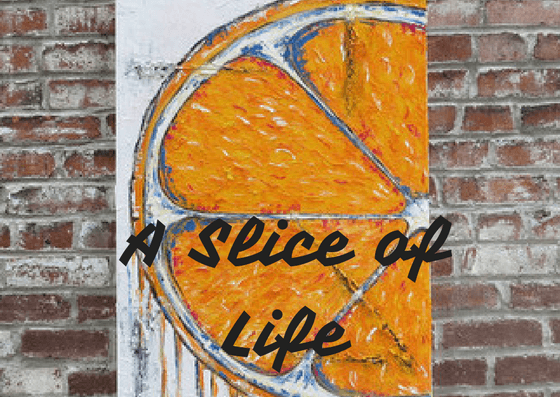
Many moons ago a teenage boy from Bihar’s Samastipur, was delighted to undertake a train trip to Darjeeling, accompanied by his older sibling. Sometime later he journeyed into neighbouring Nepal. These trips whetted the young boy’s appetite to discover the big wide wonderful world. His desire to travel was further heightened by the reading of adventure stories in Bangla, notably the Feluda series, penned by the legendary director and filmmaker, Satyajit Ray.
That was decades ago. Much water has flowed under the bridge since then. The teenager is now a suave, affable gentleman with salt-pepper streaks in his hair. His calm, bespectacled face exudes confidence and a sense of having done well in life. Meet Sumanta Banerjee, a successful, prosperous chartered accountant based in Dubai, UAE. His demanding career notwithstanding, Banerjee managed to crisscross the world several times. And before he realised it, he had garnered a rich repertoire of stories. Stories of lands and peoples, their varied cultures, and traditions. The underlying idea binding them together is how human beings are so different and yet so fundamentally alike.
Of course, all stories need both a storyteller and a listener, to share the joy derived from travel, adventures, and experiences. The joy multiplies manifold when shared – with those who are bitten by the travel bug as well as those who have not tasted the joys and thrills of travel.
Thus, was born Sumanta’s brainchild, Paaye Paaye – Egaroti Desher Baaroti Golpo (a dozen tales from 11 countries), a compilation of his travelogues, which saw the light of the day in December 2019. Its English version titled, A Wayfarer’s Jewels – Travel Stories from 11 Countries (with foreword by renowned film director Shyam Benegal – is in the pipeline). Having notched up 25 countries, he is still yearning for more…
Ruchira: What attracted you to travel?
Sumanta: “The world is the ever-changing foam that floats on the surface of a sea of silence.” These oft-quoted lines of Rabindranath Tagore captured my imagination, a long time ago, and inspired me to venture out beyond the frontiers of my motherland. Though I hail from the land which was the cradle of one of the oldest civilizations of the world, yet my curiosity was ignited. Though India is a wonderland where myriads of faiths and cultures have coexisted for centuries, yet I was possessed by an overpowering desire to see the rest of the world – the motley of human beings, their divergent cultures and, above all, the wisdom reflecting in their daily lives. Indeed, I must confess that my manifold journeys have left me immensely enriched.
Ruchira: When and how did you begin traveling?
Sumanta: Way back in 1969. I was around 15 years old and had completed my secondary schooling. My older brother had finished high school. Our dad, who worked in Indian Railways was entitled to first class passes. So, both of us coaxed and finally persuaded him to allow us to go on a train trip using those passes. So off we went to Darjeeling. The trip turned out to be memorable. This was the beginning of my lifelong travels….
Ruchira: The first country you visited. How many countries have you been to till date?
Sumanta: The first country visited was Nepal (up to Birgunj). Thereafter I have covered 25 countries, including UAE, where I reside. My list includes The USA, Netherlands, Switzerland, Turkey, Spain, Georgia, Ukraine Armenia, China, Kyrgzstan, Iceland, France, Egypt, South Africa, Nepal, Oman, Bahrain, Bangladesh … and still counting
Ruchira: Some of the best places seen?
Sumanta: Armenia, Georgia, Switzerland
Ruchira: Some of the worst places seen?
Sumanta: So far, none.
Ruchira: Any unpleasant experiences?
Sumanta: Can’t recollect.
Ruchira: Some memorable experiences?
Sumanta: I was amazed to meet Sehak, the priest of a monastery in the village of Noravank, 130 kms away from Yerevan, the capital of Armenia. He was a living example of the idea that the language of music is universal. Sehak spoke only Armenian, yet he possessed in-depth knowledge about stalwarts of Indian Classical music – Pt. Ravi Shankar, Ustad Bishmillah Khan, Ustad Amjad Ali Khan, Ustad Allah Rakha, Pt. Shivkumar Sharma, among many, was mind boggling. I also realised that despite geographical and political boundaries, all humans are alike. I also felt that our meetings and interactions with strangers worldwide are determined by fate or destiny, call it whatever you wish!
I will share another anecdote. When I met the scruffy Rashmesh, who was my driver-cum-guide in Salalah, Oman, I realised again that no human being is superior or inferior than the other; if we deny this fact, we are giving lie to the intentions of the Almighty. I spent two days with Rashmesh and, though he spoke nothing but Arabic (that was Greek to me) yet his warmth, and infectious smile touched my heart.

Mullioned window 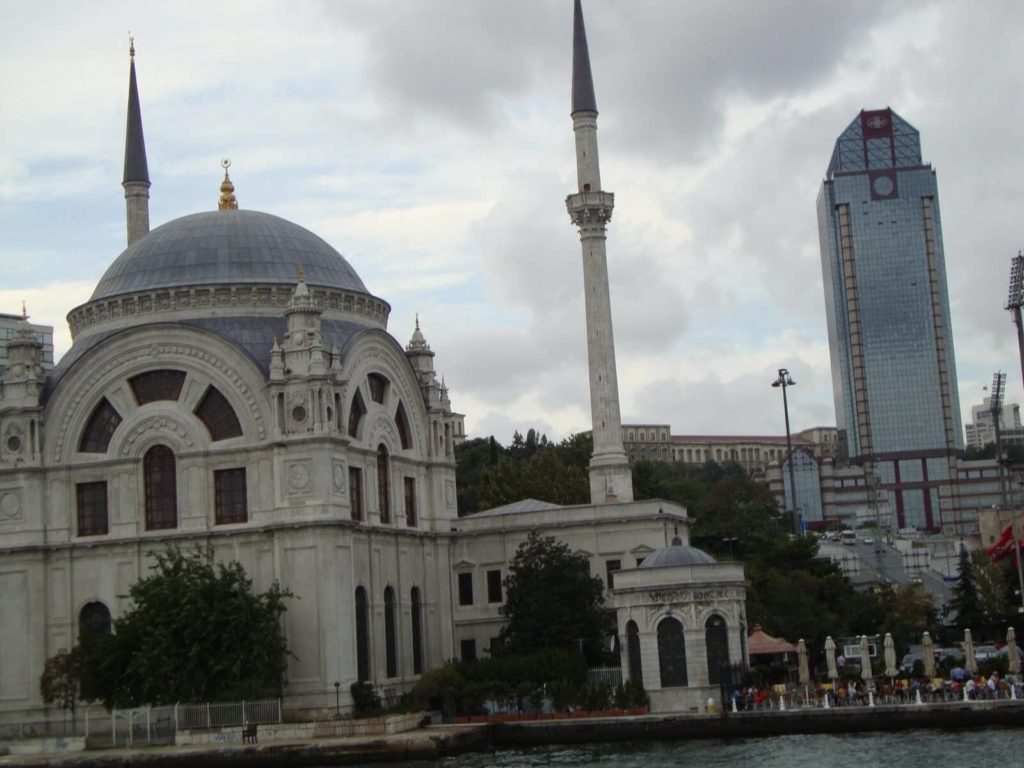
Turkey 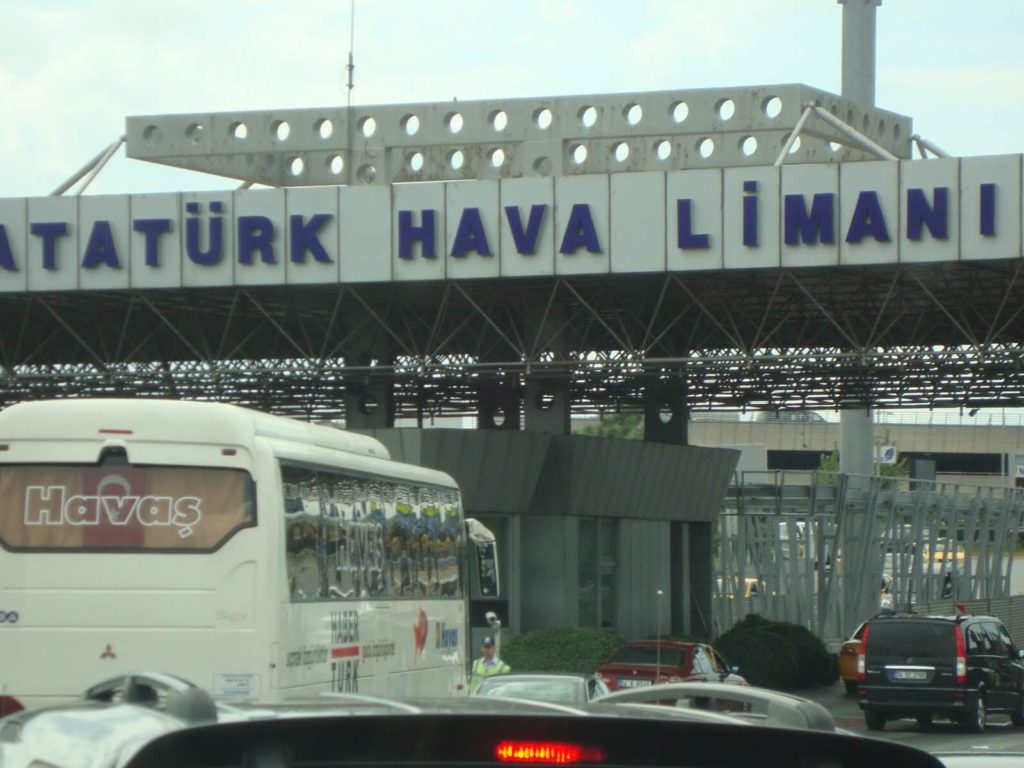
Trukey
Ruchira: Any tips on how to select destinations?
Sumanta: Nothing specific. For myself, I first check out how much time (holidays) I have on my hands and how to fit in a particular trip /package within the available time frame. Once I zero in on a particular destination (by word of mouth /hearsay) I normally check Trip advisor website and the comments therein. However, I don’t go into details because I would love to encounter some surprise elements
Ruchira: Some flight tips.
Sumanta: I have always sought services of travel agents to get the best trip packages and ensure that three key points are taken care of: (1) Return flight booking with window seats as I love watching the world’s vast skies through the windows, (2) 4-star hotel booking with breakfast so that I can start the day we nourished and manage the rest of the day with fruits and (3) proper, comfortable transportation with English speaking guides. This reduces personal inconvenience and saves a lot of time.
Ruchira: Any currency, baggage, and clothes tips?
Sumanta: Yes, I have always carried the required foreign currency with me before departure to avoid hassles at the destination. Also, it saves the avoidable foreign exchange charges at the destination even at the airport. It is advisable to minimise the use of credit cards to avoid getting overcharged.
Ruchira: Do’s and don’ts regarding food and drinks?
Sumanta: I am not a foodie. Frugal meals and vegetarian foods work perfectly for me. No hard drinks…though occasionally one can indulge a bit especially while travelling in a group.
Ruchira: Some tips on bargaining and shopping.
Sumanta: I am not fond of shopping. Yes, mementos are a must and don’t go for too much bargaining.
Ruchira: Which places are safe for solo women tourists?
Sumanta: Switzerland, Armenia, Iceland.
Ruchira: Some places single women might skip?
Sumanta: Paris, so I am told.
Ruchira: Did you ever face any visa problems?
Sumanta: Yes. The most difficult one was that of Ukraine. Theirs is a very complicated one. Finally, in my third attempt, in 2019, I managed to get the visa. And that too because of my friend, who has lived there over the past 25-30 years.
Ruchira: Your dream destinations / bucket list yet?
Sumanta: I want to finish Antarctica and Kailash Man Sarovar.
Ruchira: What has travel given you?
Sumanta: My flights into the unknown have turned into voyages of self-discovery through which help me in writing travel chronicles. I endeavour to present a blend of narrative, prose, essay, and diary, leaving the reader with vivid, lucid, vignettes of places they may never have visited.
Also, during my innumerable journeys, I discovered the real meaning of ‘a friend in need’. Once, I came across a Chinese girl, who helped me board the right flight for the right destination after I had landed at the wrong airport by mistake. I was having a tough time since they refused to accept anything other than Chinese currency. Also, there was the natural language barrier. So, she helped me out.
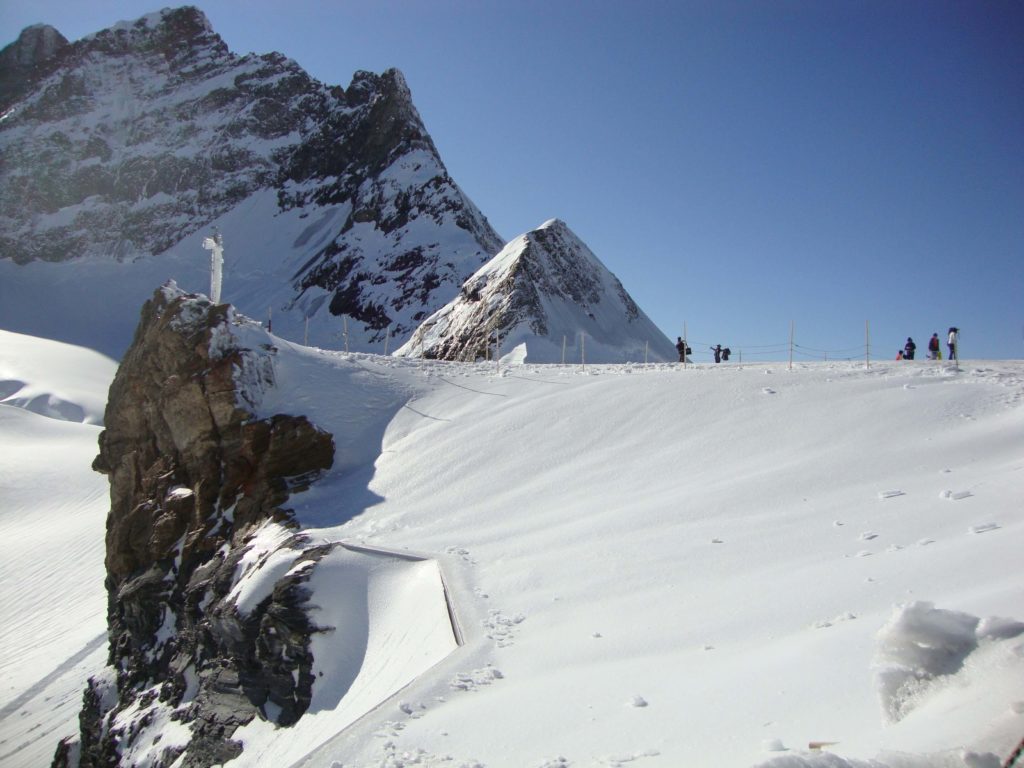
Alps Switzerland 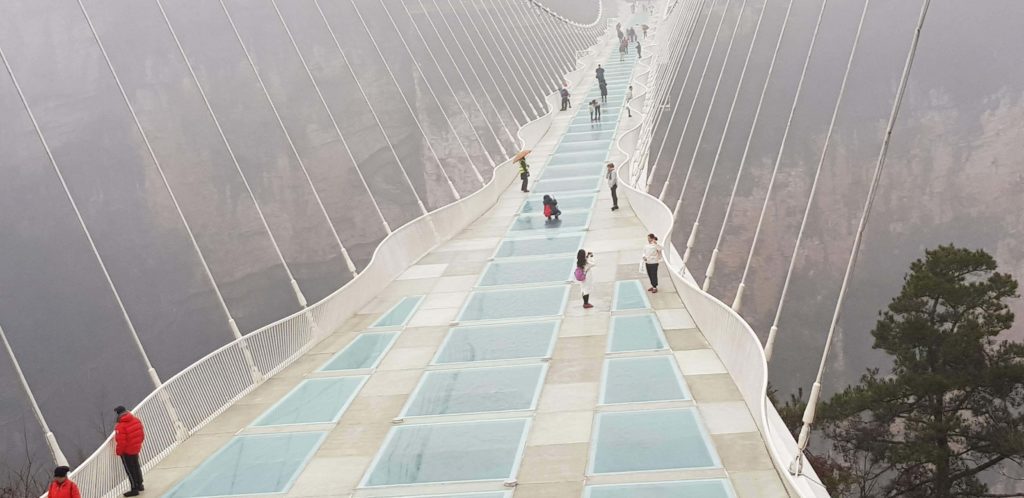
China 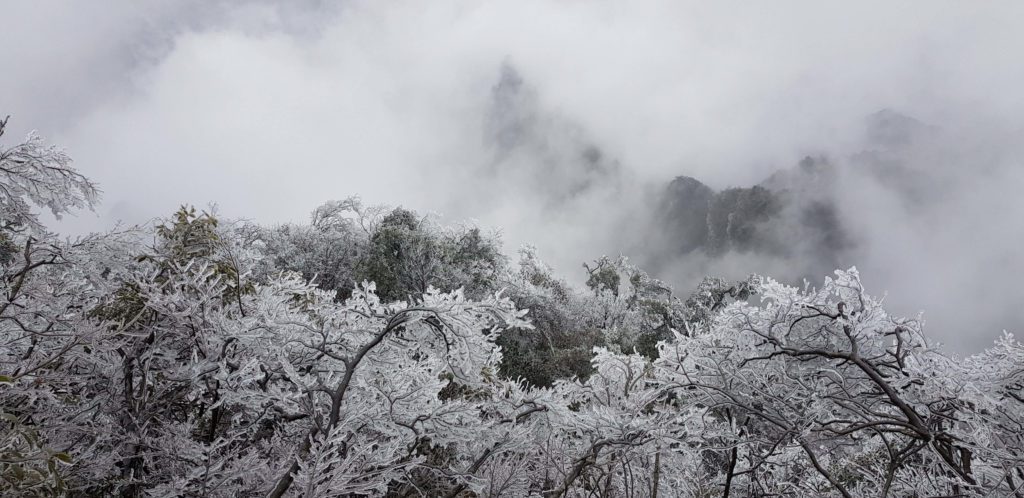
Winter in China 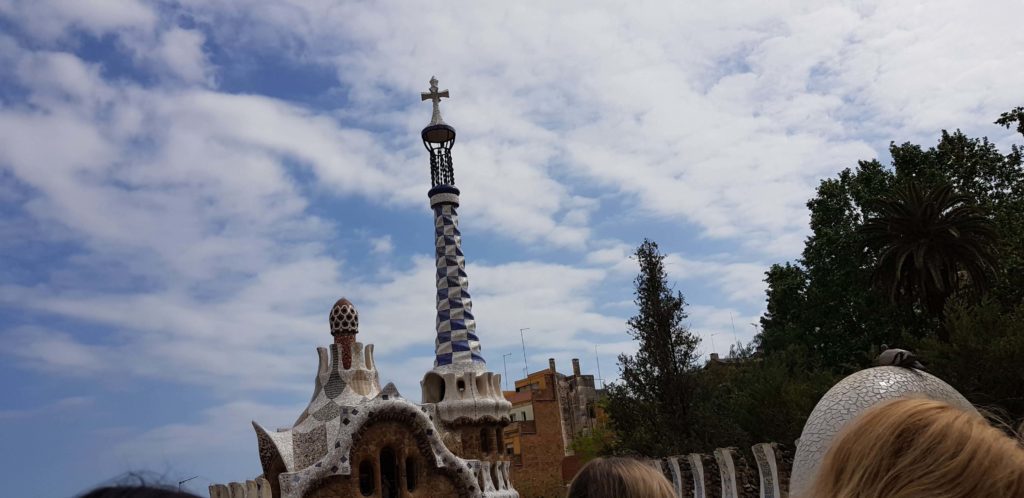
Architecture Spain
Ruchira: Did extensive travelling broaden your outlook on life?
Sumanta: Yes. For sure. We have all heard the old adage, “Vidya Dadati Vinayam” (true education makes one humble). I would have glossed over it had I not met a wonderful human being, Dr. Herman Makarenko. I bumped into him in Kiev, the capital of Ukraine during my visit. Makarenko, a Doctor of Arts, and an ambassador of Ukrainian culture. He won “Narodini Artist” the 2nd highest civilian award of Ukraine, in 2015. Subsequently, in 2016, he was awarded the ‘Artist for Peace’’ award by UNESCO. He is a reputed ballet conductor at the National Opera in Kiev. Yet, during our interactions at various points of time (including a walking tour of Kiev) not once did he exude the slightest vanity or ego in his speech or mannerism. Modesty was writ large on his countenance and persona. It was amazing to see how a celebrity could be so down-to-earth and humble.
Ruchira: Any unforgettable experience with food?
Sumanta: In 2005, during my first visit to China I encountered two problems e.g., language and food. It was tough to get English speaking people especially outside the hotel in Beijing. Also, being a vegetarian, I could not communicate about the food items which I wanted. So, I had to survive on dry snacks that I had thankfully carried with me, besides local fruits available in the market. However, in 2020, I found things had changed drastically. This time round, language proved no barrier and I managed to procure whatever foodstuff I needed.
Ruchira: What would you recommend beaches or mountains?
Sumanta: I have always loved the mountains the most.
Ruchira: Do you travel solo/two-partners/groups?
Sumanta: I enjoy solo trips as it gives me ample freedom to spend time in my own way, select destinations, pick and choose food items, mingle with local people and so on….
Photos sourced by the interviewer

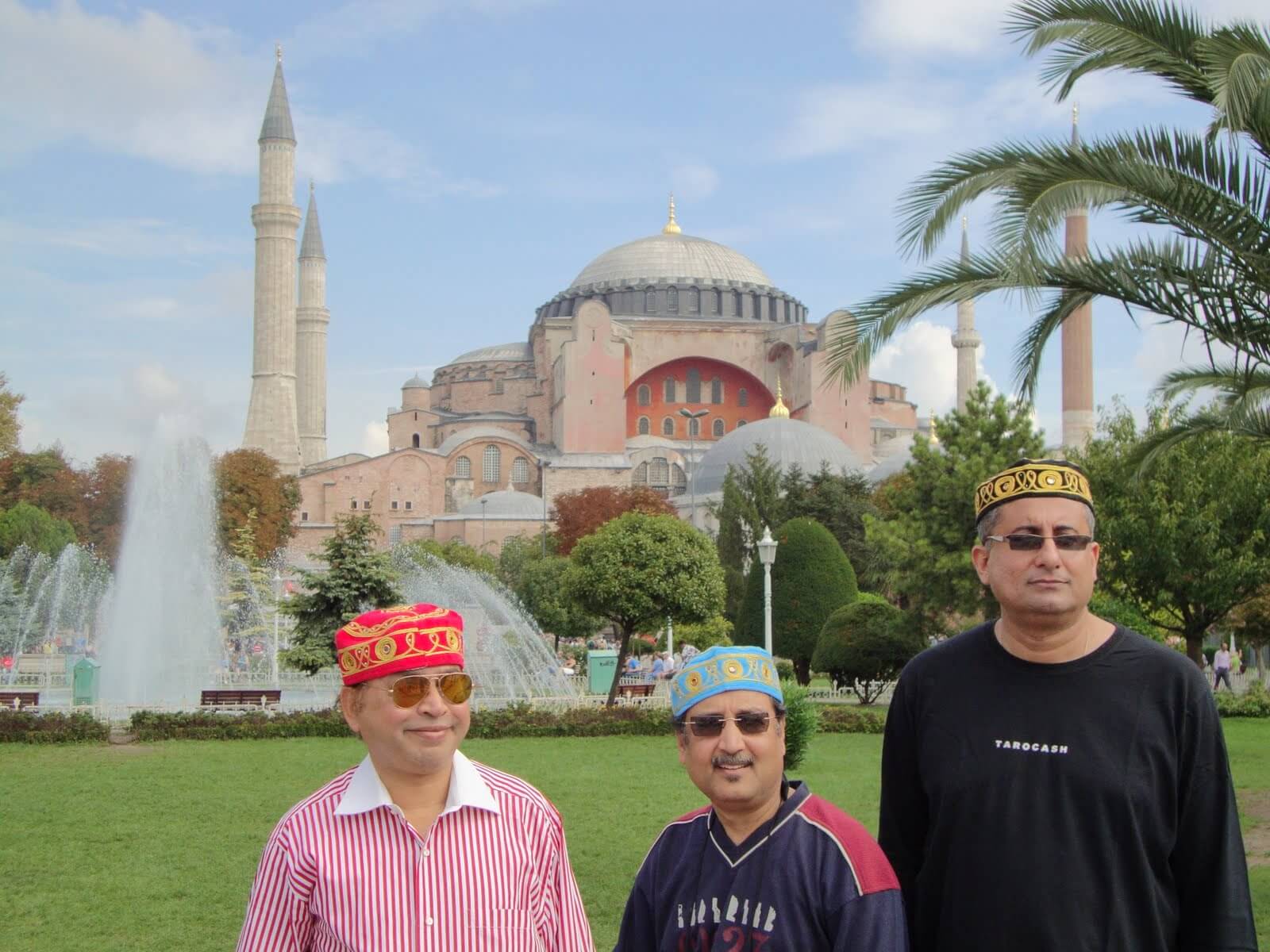
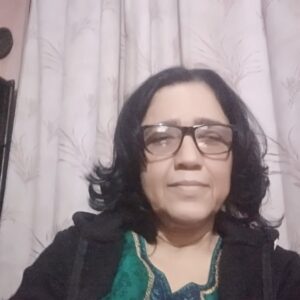


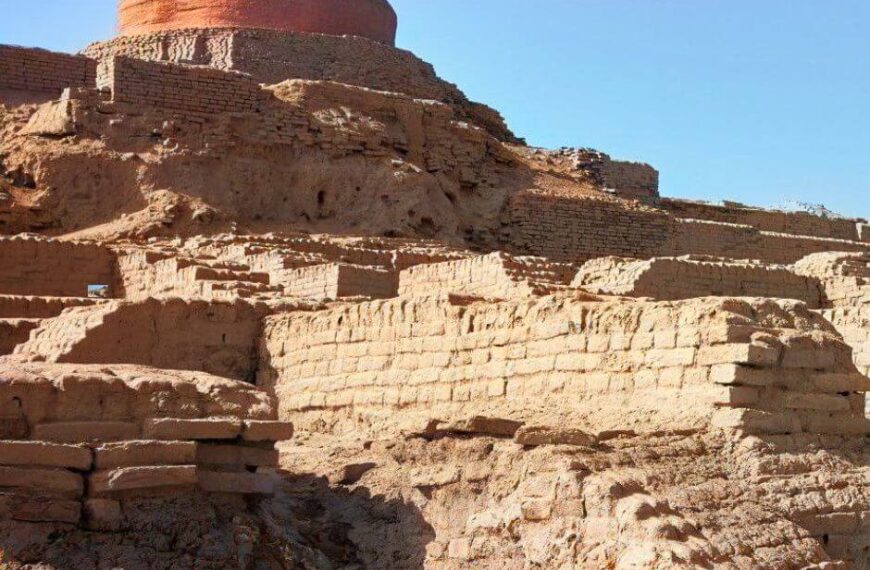
 By
By

 By
By